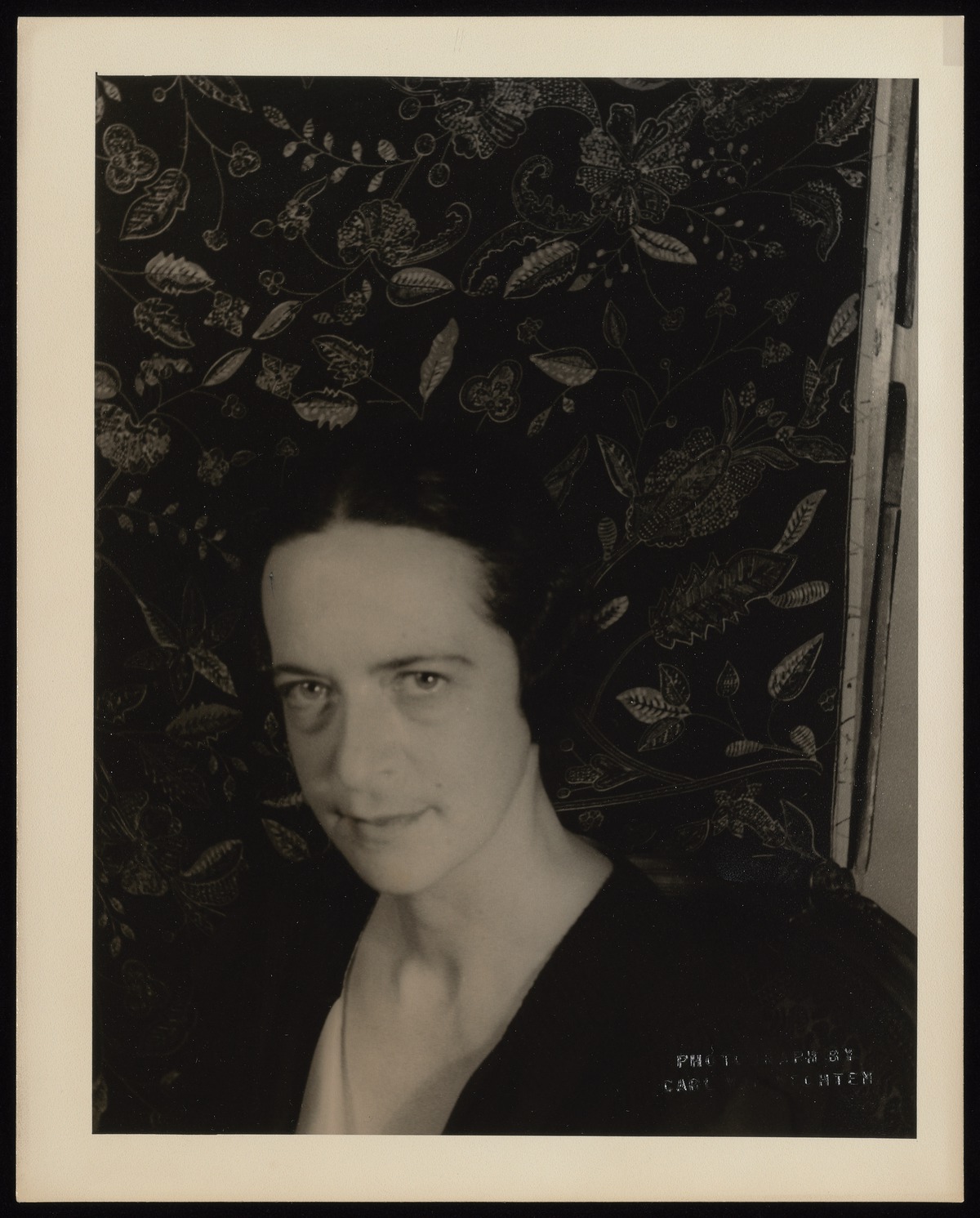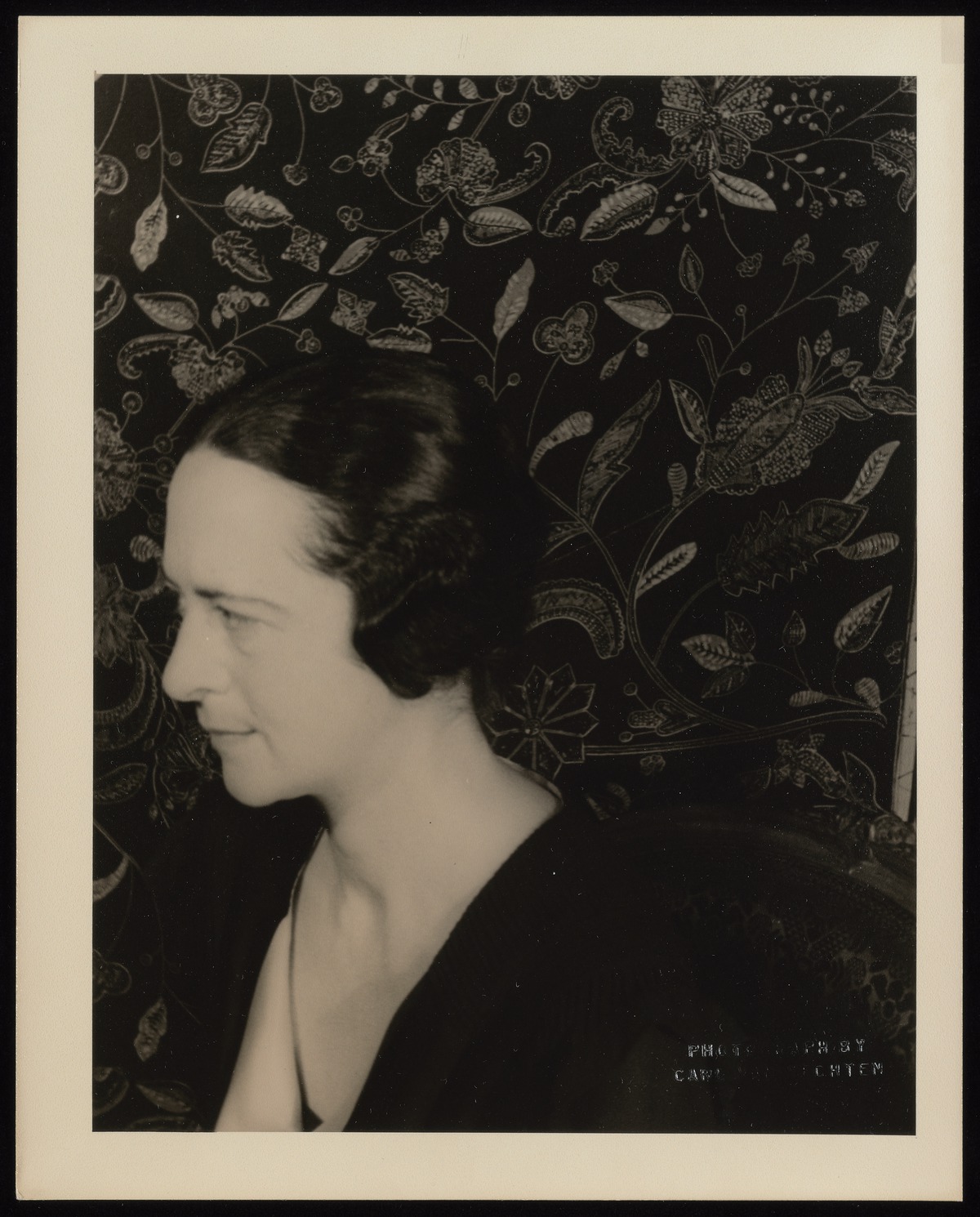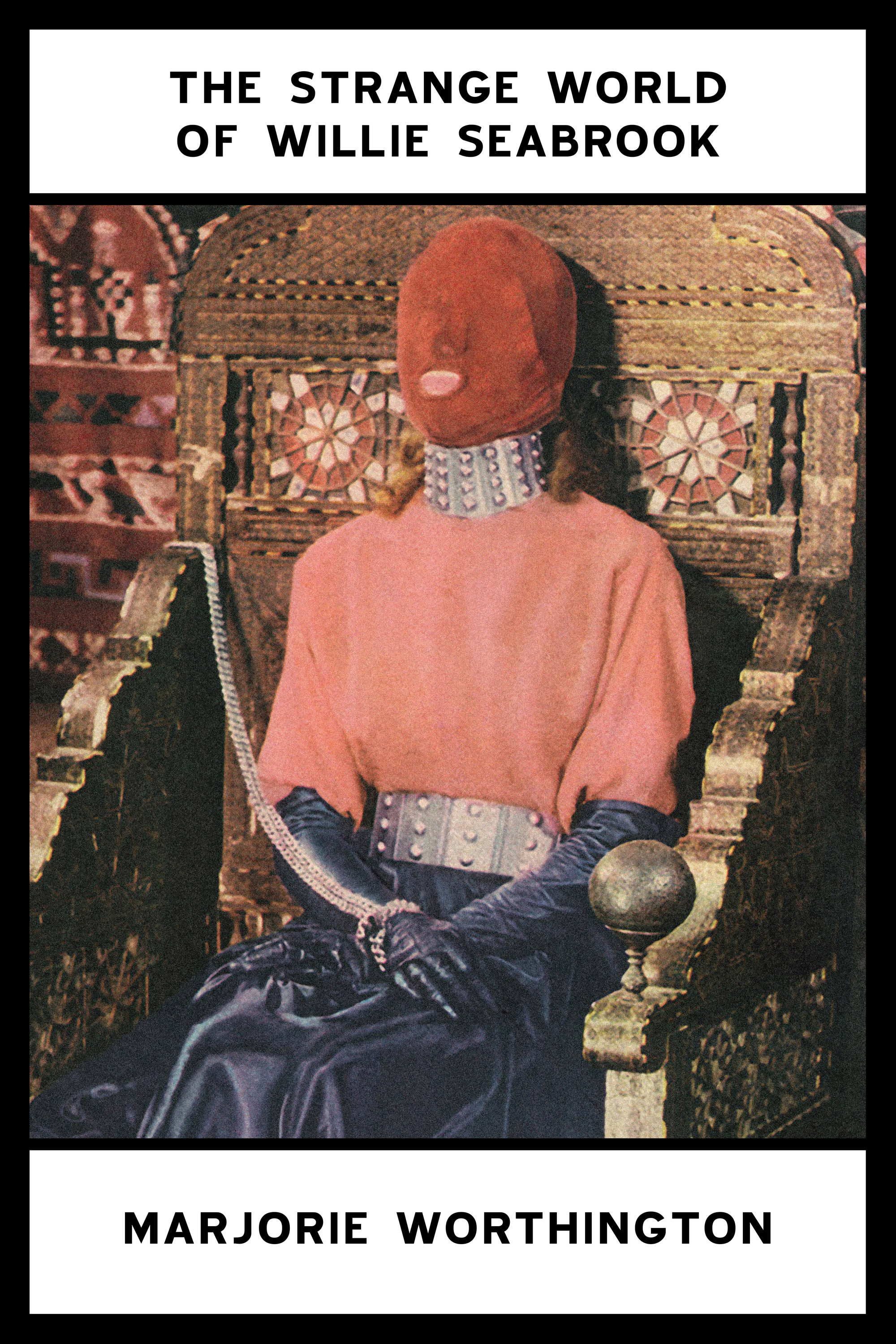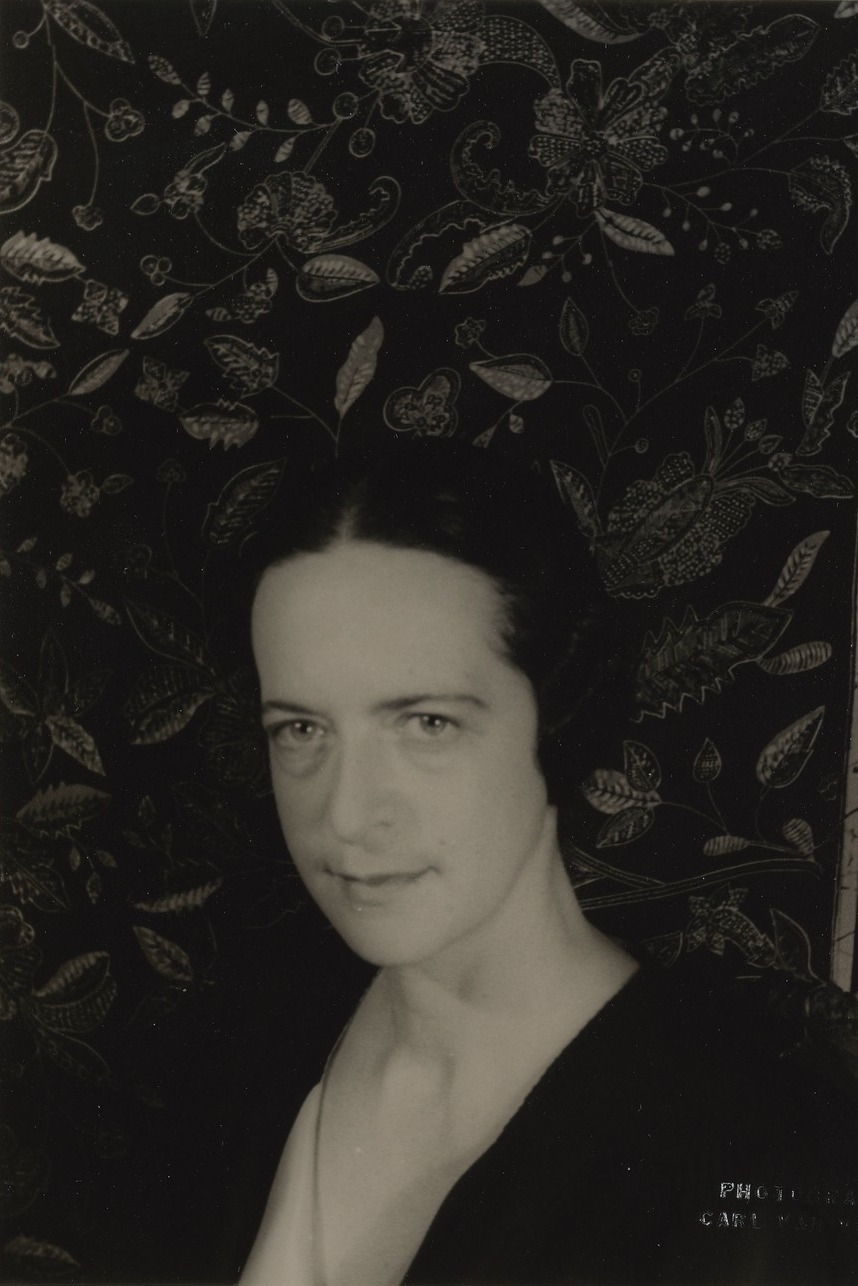The Strange World of Willie Seabrook
By Marjorie Worthington
“Another Toulon Day”
It was about ten o’clock when we reached the hotel. That was pretty early for Toulon, but the big yellow Victorian palace of a place, with ornate chandeliers and Brussels carpeting, seemed very quiet. We almost tiptoed to the door indicated to us, and knocked. A voice asked who was there, and when Willie answered, “Seabrook,” there was a happy laugh and the command, “Entrez.”
It was not a suite, but just one enormous bedroom, with lots of chairs around, a fireplace, and a bar set up on an ormolu cabinet. The princess had expensive tastes and an income much more modest than that of her friends, and she must have been in one of her economy streaks.
She was wearing a silk pajama suit, the kind that was worn for afternoons and evenings in the South of France at that time. Her bed was fully made, and she was lying on top of the creamy satin spread. At one side of the bed was a table on which was laid a lacquered tray containing all the paraphernalia for smoking opium: a small spirit lamp, a sticky lump of black stuff, and a long, ivory-colored pipe with a small cup-like thing near one end. The little lamp was lighted and she was rolling some of the black gum into a ball, or pill.
“Make yourselves drinks,” she said, waving to the bottles and glasses with her free hand. “Then come and sit near me and tell me what wonderful and scandalous things you have been doing. I am starving for news of you.”
We did as we were told, and Willie talked, telling marvelous tales, some of them true, most of them not. I sat quietly drinking my drink and listening some of the time, and thinking my own thoughts; but mostly I watched the princess, who spent so much time preparing her pipe for what amounted to one deep puff. Being a rather lazy person, I wondered what there was in that puff to make it worth such a long and complicated process. I decided not to find out.
The room became filled with an acrid-sweet smell that mingled with the fumes of the cognac in the glass I held in my hand. Willie had joined the princess on the bed and she was teaching him to fill a pipe. I felt very drowsy. There was a chaise longue in the room, and I settled myself upon it and waited. A musical clock on the mantel chimed the hours of twelve . . . one . . . two . . . three. . . .
I remember making, or being asked to make, a pot of tea. I found what looked like a solid gold teapot and put it over the alcohol lamp I found near it, and lit the wick. When I remembered about the tea again, the whole beautiful little gold teapot had melted down into a nugget. Evidently I had forgotten to put any water in it. I was very sad about the teapot and told the princess so, but she was off in some exalted region with Willie tagging behind on his own cloud. And it didn’t matter.
The clock went on ringing out the intervals of hours. Through the cracks in the venetian blinds I could see daylight. The murmur of voices had been going on forever: Princess Telle describing her childhood, then her marriage and her happiness, and then her sorrow. I slept through most of it, almost as drugged, by the fumes, as they were by their pipes. And then it was six o’clock, and Willie was standing up and telling me we must go.
We went out very softly; the hotel was not awake. But as we walked down through the city, people began to sweep the sidewalks before the shops and caf.s, and some of them greeted us with a polite “bonjour,” to which we responded. We reached our studio somehow, I leading a remote Willie by the hand most of the way. I didn’t know how many pipes he had smoked, but I knew they were too many for a neophyte. I was worried enough to become heroic and attack the primus stove by myself. I made a large pot of coffee and kept pouring cup after cup until he had drunk enough, I thought, to counteract the opium. Then we slept for a while, and then we woke up and went to our respective typewriters. Another Toulon day had begun.
Trade paperback, 322 pages. ISBN: 9781943679058.





